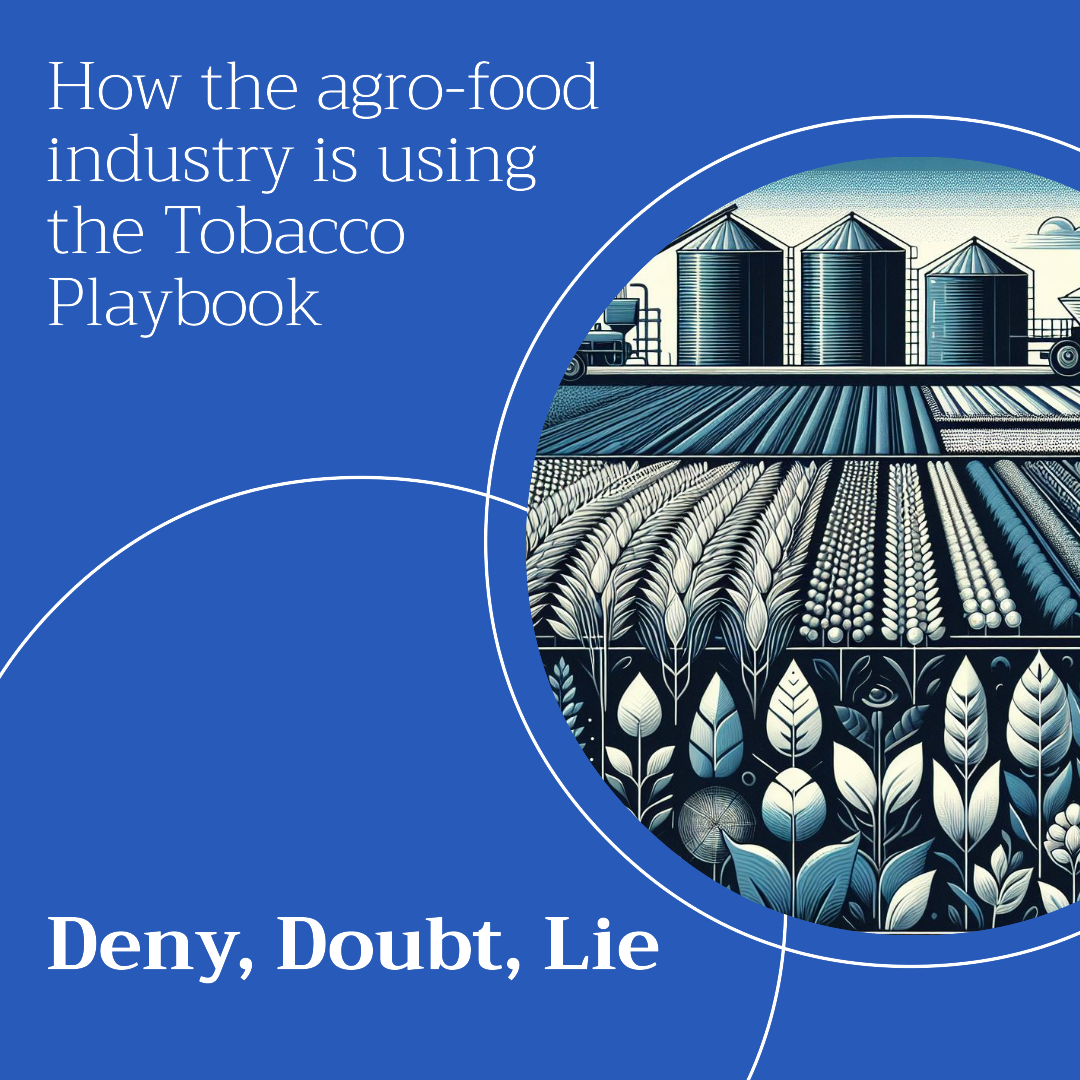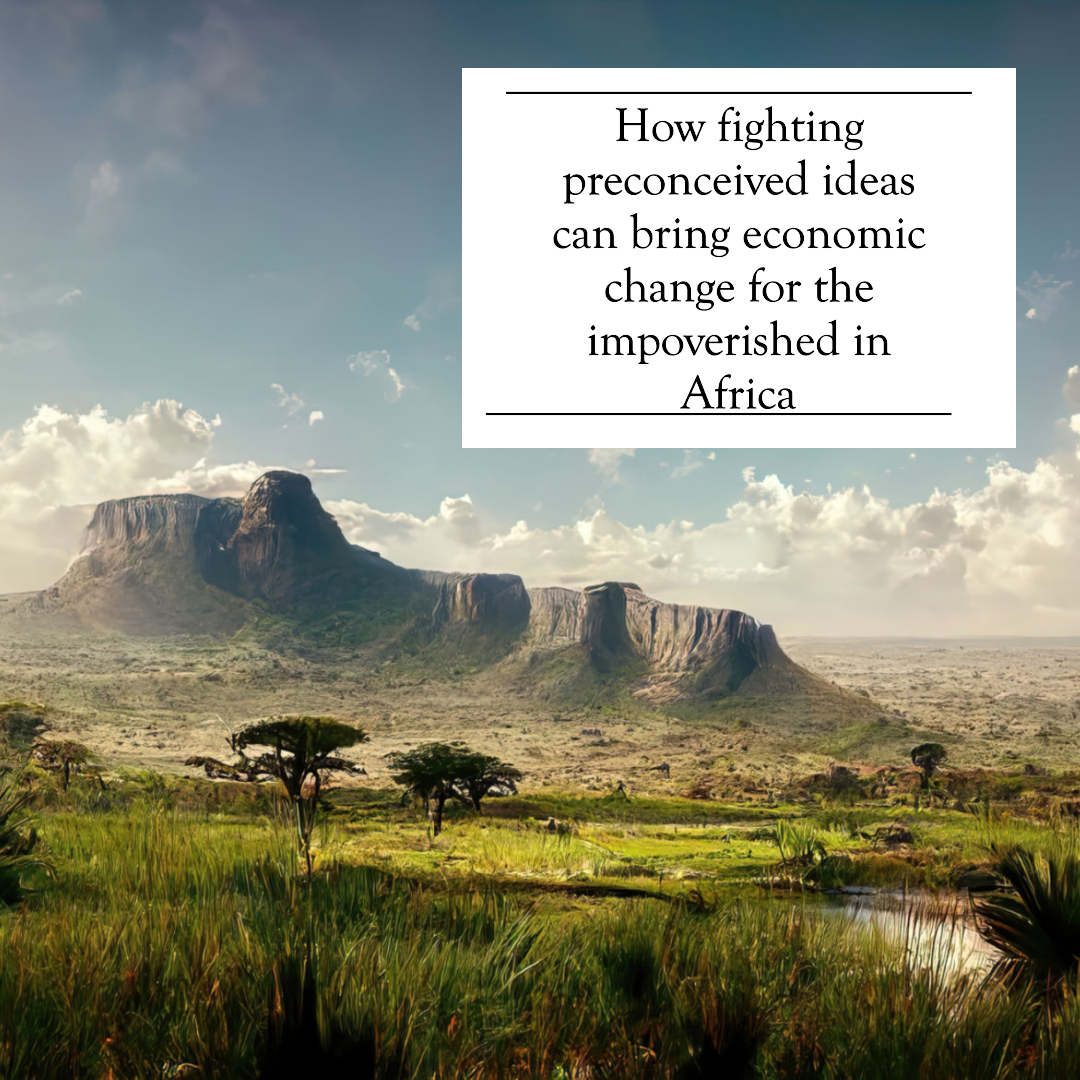Agrofood companies that want to keep on selling their harmful products often use the “Tobacco Industry Playbook” which is simply: Deny, Doubt, Lie.
First, deny. “Ultra-processed foods do not cause health issues like cancer, obesity, diabetes” is a variation of other industries’ denials: “fossil fuel emissions do not cause global warming,” or “smoking does not cause cancer.” These statements are repeated vehemently, relentlessly, with a sense of obfuscation.
Indeed, who are we to argue against these household-name companies? But scientists can.
Why can they argue? Because at the heart of their work lies the peer-review process. The results of a scientific experiment will be reviewed by many peers (scientists from the same field). They will look at issues, critique the process, and try to duplicate the experiment. If the result, following the peer-review process, stands, it is then validated and accepted.
However, we are dealing with complex issues whose full scope is never fully understood from the start. With further research, the whole picture gets clearer. But this does not alter the initial outcome that, for instance, ultra-processed foods cause health issues like cancer, or diabetes. This has been proven. “Why some people get sick sooner than others?” is an example of what subsequent studies would need to answer.
As the scientific evidences pile up, industries move to the second step: sow doubt. They will take information from researches out of context. They will hire their “own scientist” to make counter-claims. Companies and industry groups will lobby politicians to further disseminate the doubts. They will use the media extensively. There are 2 objectives at this stage: make sure that no adverse legislations is put in place, and give a reason to have more research. In essence, they buy time.
Finally, as a natural extension, come the lies. “Fossil-fuel based herbicides do not cause environmental damages.” “Ultra-processed foods are good for your health.”
It has taken 50 years, since science proved that smoking causes cancer, for the tobacco industry to be found guilty in legal courts. 50 years of denial, doubt and lies. Imagine the countless lives lost, the damages to people’s health, and the cost borne by society. Regardless of who paid a heavy price, tobacco companies have amassed immense fortunes and profits since.
In addition, sowing doubts has had a terrible impact on science and the scientific community. In an age, where false bite-sized information about complex issues are being spread, more and more people embrace these doubts and lies. Social media, in particular, acts like an echo-chamber. As a result, scientists are no longer trusted.
Strangely enough, people trust medicine used to cure illnesses or diseases. They are actually happy that the medicines exist. Even though, these medicines underwent the same peer-review process. But when it comes to the impact of ultra-processed food, or fossil fuel based pesticides, the scientific process goes up in smoke. It’s not believed. Why?
Eating ultra-processed food will not kill you right away. Spraying fossil-fuel based pesticides will not kill the ecosystem right away. These processes take time. And if people don’t experience these changes now, then it becomes easier to dismiss the threats, to believe it does not exist.
The strange thing is that the playbook has been in practice for so long. And it has been proved, time and again, to be a way to cover the truth, to buy time and keep racking up profits. And still, people are influenced by these tactics. We can clearly see the same patterns with the agrofood industry. Even though there are many scientists and organizations that are fighting back, its financial strength helps it avoid more stringent regulations.
Unfortunately, we cannot wait 50 years for the changes to kick in. The impact of our Food System are already dire. Only through collective work can change happen. But this is another story.
|
Other Writings
|
Editorial
12 April 2023






